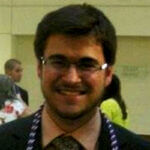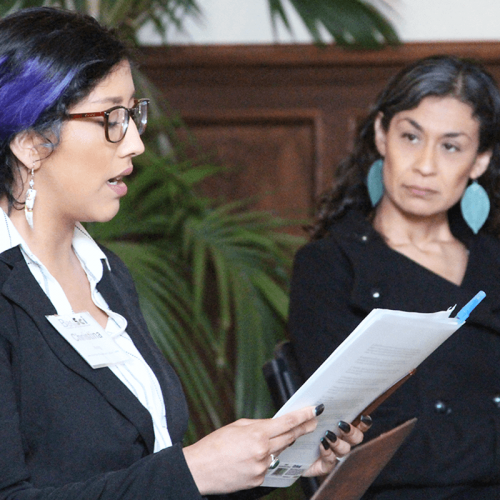
Adam Frost is a marketing specialist at the Lawrence Hall of Science. In this role, he works to tell the story of the diverse array of work conducted at the Hall, from research and curriculum development to hands-on science programs and exhibits. Adam has a master's degree in museum studies from The George Washington University with a concentration in new media and interactivity.
Adam Frost is a marketing specialist at the Lawrence Hall of Science. In this role, he works to tell the story of the diverse array of work conducted at the Hall, from research and curriculum development to hands-on science programs and exhibits. Adam has a master's degree in museum studies from The George Washington University with a concentration in new media and interactivity.

What does environmental education look like? Picture it in your mind: You’re likely imagining school children trekking through the woods en route to a team-building exercise, stopping to do leaf rubbings and other nature observations along the way. While this...
"*" indicates required fields
Copyright © 2025 Ten Strands
Notifications